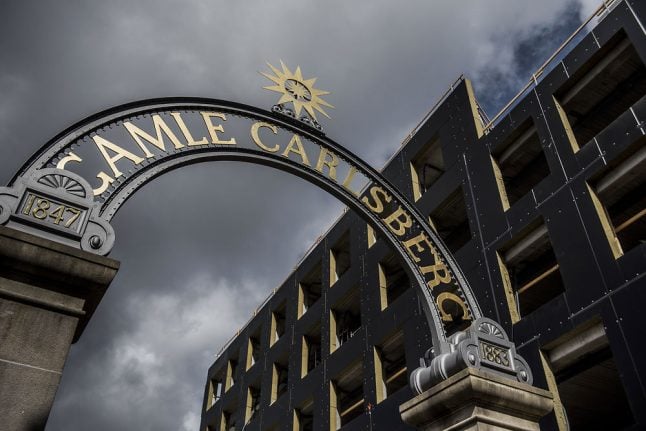The company's net profit attributable to shareholders rocketed to 5.3 billion kroner (710 million euros) in 2018, up from 1.3 billion kroner the previous year.
Revenue meanwhile grew three percent to 62.5 billion kroner.
Chief executive Cees't Hart hailed the results, saying the brewer's investments in brands helped deliver the gains.
“We're pleased that, on the back of the strong results, the supervisory board will recommend a 13 percent increase in dividend to 18 kroner per share,” Hart said in a statement.
After the announcement, the brewer's shares were up 2.9 percent in midday trading on the Copenhagen Stock Exchange, while the main index was down slightly.
The volume of drinks the brewer sold in Asia increased by 11.7 percent last year, while sales were up 11.4 percent.
The brewer's focus on top-of-the shelf brands including craft beers such as Grimbergen and alcohol-free beer paid off, with craft and specialty beers rising by 26 percent in volume.
Sales of the Tuborg brand, which is spearheading efforts to develop the premium market in Asia, jumped 10 percent driven by growth in China and India.
In Western Europe, Carlsberg's largest market, sales rose by three percent buoyed by hot weather that stretched through the summer and into autumn.
READ ALSO: Carlsberg cans plastic rings to cut waste



 Please whitelist us to continue reading.
Please whitelist us to continue reading.